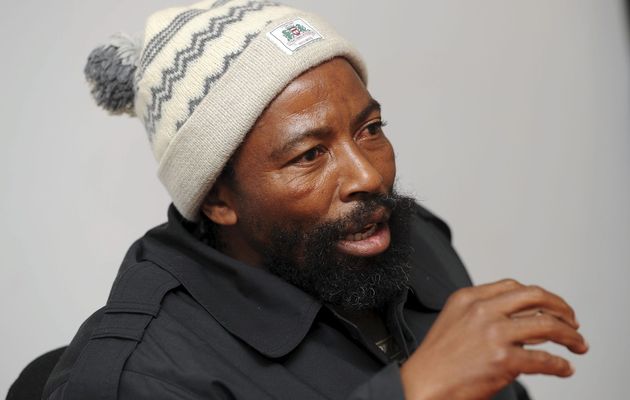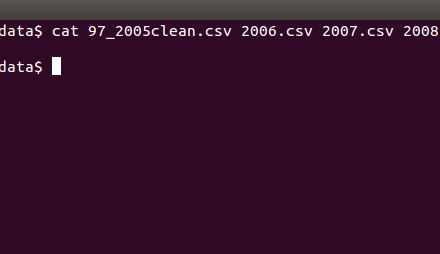I remember how our journalism head of department at university used to tell us about how newsrooms have been juniorised. But what really got my attention from his sessions was how he used to emphasise the need for newsrooms to evolve, as the whole print media was under threat because of the emergence of new media.
I asked myself many questions, like “why am I still studying towards this ‘endangered’ career?”, because I realised that he had a point. A change of mind set is needed, so that newsrooms can move from being “traditional” newsrooms to newsrooms that are digital-and-multimedia driven. This is what media owners must urgently consider.
This is what I have come to believe, during just over two months as part of the Code for SA Data Journalism Academy. Data journalism is a fairly new term in the South African media industry and a rare phrase in most newsrooms. Most journalists are still heavily inclined towards traditional, print journalism, and tend to shy away from digital platforms, as well as stories that are told graphically.
As part of the Academy, we are required to produce data-driven articles for our respective newspapers. My first story was about public office bearers’ remuneration. The data, sourced from the Remuneration Commission, was public knowledge and was a bit of an “old story”, but I focused on the salaries of South Africa’s kings and queens as my starting point. When I received the data set on kings and queens I really could not suss out a good news angle that my publication Daily Dispatch had not yet exploited.
So, I looked for parallels between the recently-published public office bearers’ remuneration packages (with a special focus on traditional leaders) and the salary of the abaThembu king, King Buyelekhaya Dalindyebo.
Dalindyebo had been in the news recently, after reports surfaced that he was still receiving his R1.1 million annual salary, despite being convicted of assault and arson, and sentenced to 12 years behind bars. If the data showed an interesting correlation or discrepancy between other salaries and Dalindyebo’s, I knew this could possibly be the news angle I needed.
What I needed to solicit from the data was:
- How much does Dalindyebo get paid?
- Has he been getting his salary while in prison?
- How much does the Zulu king, King Goodwill Zwelithini get paid and how does this compare to the salaries of other traditional leaders?
- Why are the different kings and queens paid differently? (Unfortunately, getting the overall package that Zwelithini receives from government was a challenge.)
I sent questions to the Department of Cooperative Governance and Traditional Affairs (Cogta) to get more information and clarification. They told me that they wanted to recoup King Dalindyebo’s February salary, and I decided to go with this angle.
For comment on this, I contacted the Congress of Traditional Leaders of South Africa (Contralesa) and they indicated that they will be seeking a legal opinion regarding the announcement by Cogta.
This was finally my angle, and I used the data to set out a bigger picture of the issue of the kings and queens’ salaries. I also compared the kings’ salaries to that of the National House of Traditional Leaders chairperson’s, using a viz.
This was important because the chairperson is arguably the most senior traditional leader who is the go-between between communities living under traditional rule and government – a very important role.
Once we had all our information, and the viz was generated, we were ready to publish, and the article was published on DispatchLive.
I have learnt that one of the pitfalls of data journalism is that, often everything starts with the data, rather than starting with the story idea and then soliciting the data. However, the experience has been like a roller coaster ride, with ups and downs, and it has given me great experience to take home.
The training is quite something. It has taken most of us here out of our comfort zones. There is extensive use of Excel, which most of us have never used before and are rarely required to use at work. As someone that has never loved numbers, the course has challenged me to brush-up whatever maths skills I might still have.
But do not despair. Data journalism is not mathematics, but rather a revolutionary way of practising journalism. As they say at Code for South Africa, data is the new bacon. Costa Rican data journalist and editor of La Nacion, Hassel Fallas says data-driven journalism is a necessity because of the precision and trustworthiness of data, that editors can present (as a fact) to their readership.
“In Latin America, data-driven journalism is not a fad. It is the present and future of journalism. It is a necessity, an opportunity and a constant state of innovation,” she says.
The time has also come for journalism in South Africa to follow suit and explore these exciting and innovative data-driven journalism ventures.
Resources
Dispatch Live








